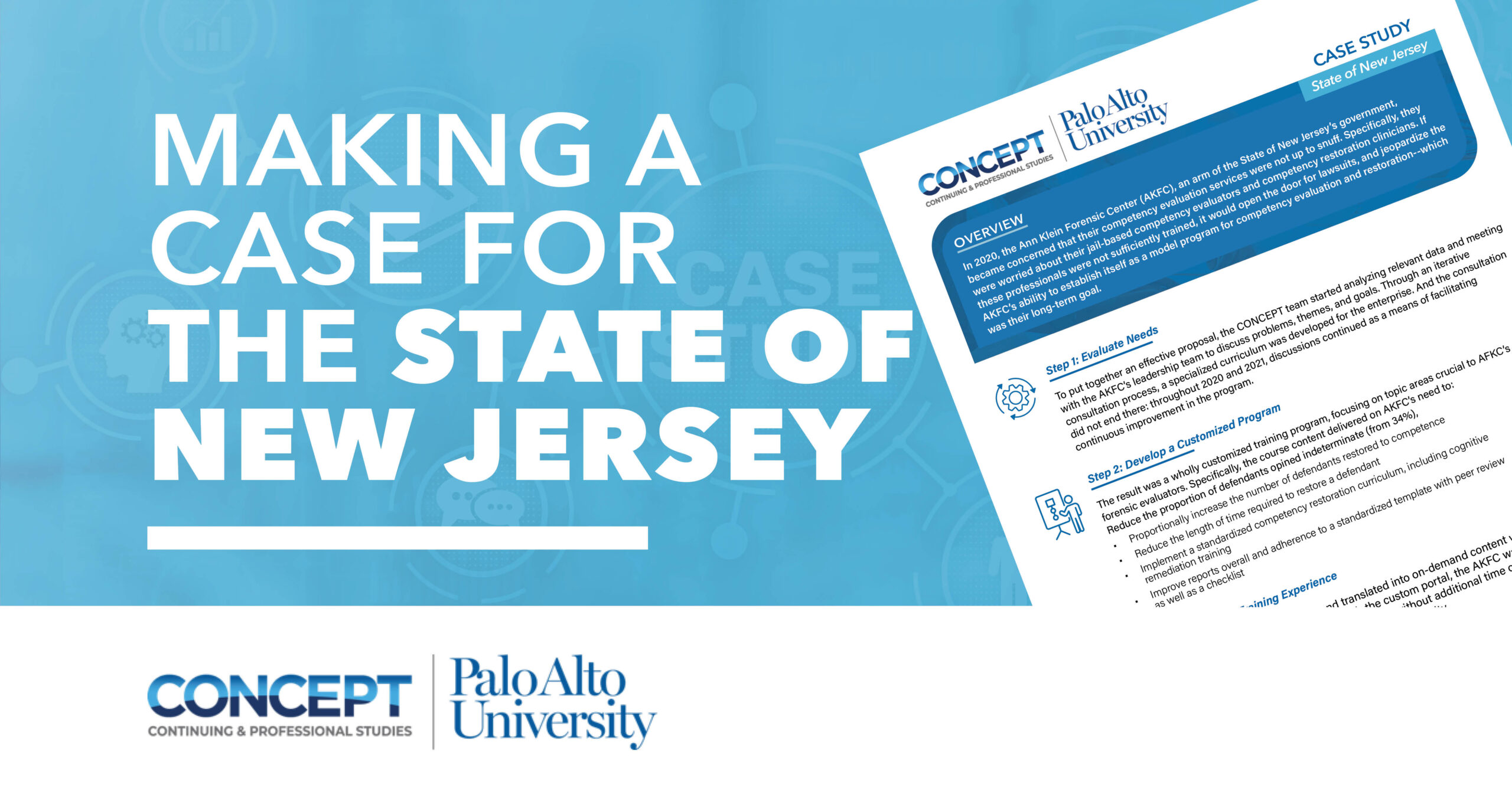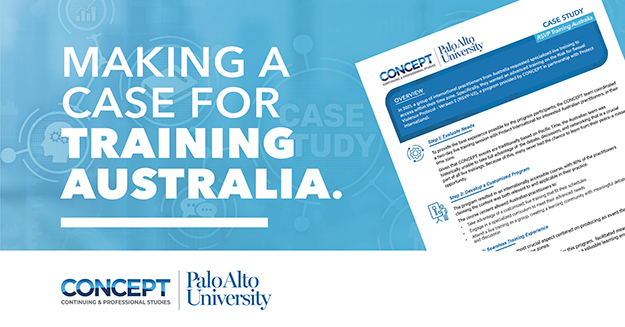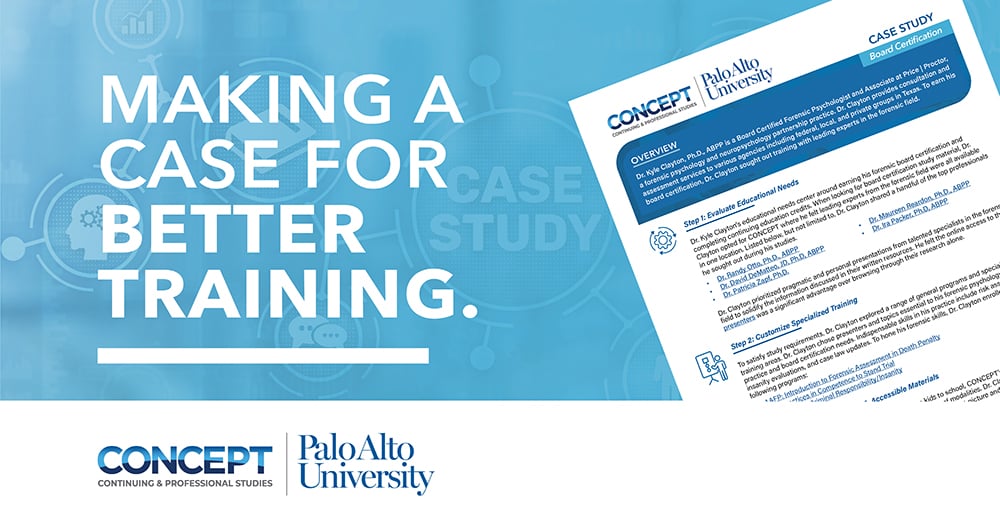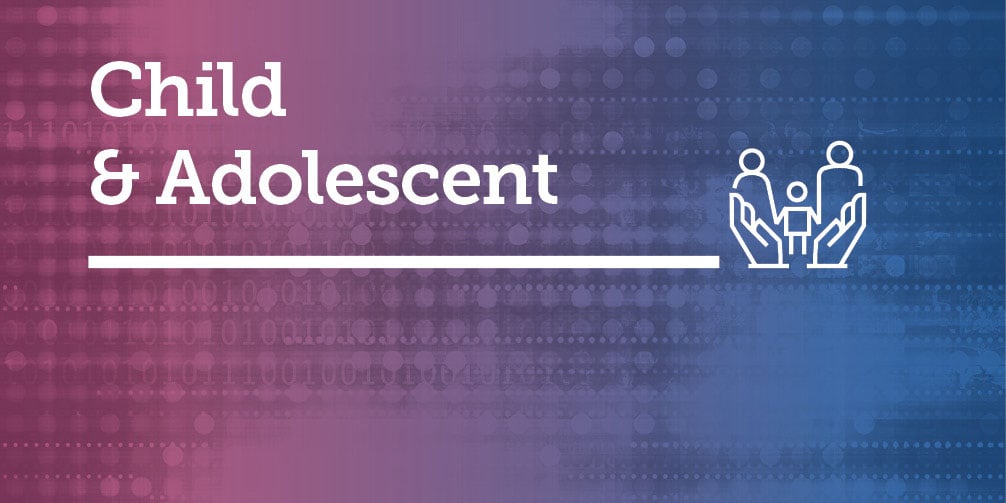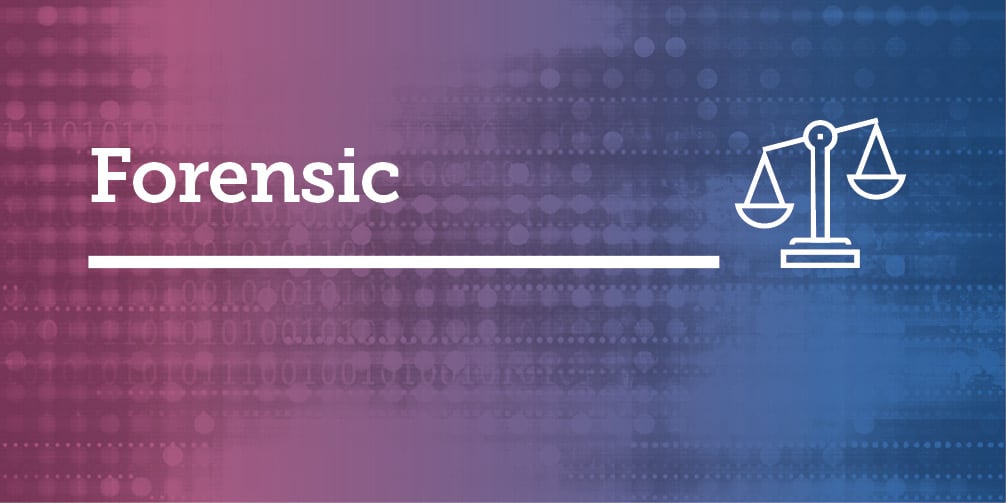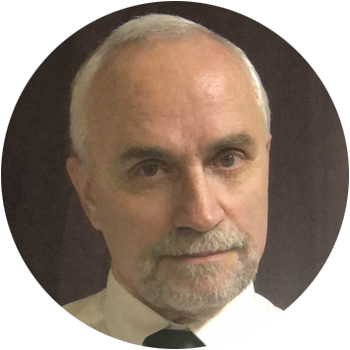In 2020, the Ann Klein Forensic Center (AKFC), an arm of the State of New Jersey’s government, became concerned that their competency evaluation services were not up to snuff. Specifically, they were worried about their jail-based competency evaluators and competency restoration clinicians. If these professionals were not sufficiently trained, it would open the door for lawsuits, and jeopardize the AKFC’s ability to establish itself as a model program for competency evaluation and restoration–which was their long-term goal.
Step 1: Evaluate Needs
To put together an effective proposal, the CONCEPT team started analyzing relevant data and meeting with the AKFC’s leadership team to discuss problems, themes, and goals. Through an iterative consultation process, a specialized curriculum was developed for the enterprise. And the consultation did not end there: throughout 2020 and 2021, discussions continued as a means of facilitating continuous improvement in the program.
Step 2: Develop a Customized Program
The result was a wholly customized training program, focusing on topic areas crucial to AFKC’s forensic evaluators. Specifically, the course content delivered on AKFC’s need to:
- Reduce the proportion of defendants opined indeterminate (from 34%),
- Proportionally increase the number of defendants restored to competence
- Reduce the length of time required to restore a defendant
- Implement a standardized competency restoration curriculum, including cognitive
remediation training - Improve reports overall and adherence to a standardized template with peer review
as well as a checklist
Step 3: Seamless Training Experience
The courses were conducted live and translated into on-demand content within the enterprise’s new, online training portal. With the custom portal, the AKFC was empowered to scale the program to all forensic evaluators–without additional time or money–and ensure accessibility to this training program in perpetuity.
Step 4: Assess Performance
To judge program success, we use an evaluation that will be sent to all participants once they complete this training program (it’s still in progress, since participants have a year for it). They will be asked a variety of questions, assessing criteria across the board from the quality of the setting to the influence of biases in the presenter’s delivery. Answers are given on a scale of 1 to 5, with 5 indicating strong agreement, with open comments supplementing the scored responses.
Step 5: Learnings
As a result of the training program, the AKFC will be empowered to train up deficient evaluators and eliminate incompetence across the board–while saving time and money. That, coupled with the training evaluation created by CONCEPT, will help facilitate broader competence across the board.
Since its inception in 2009, CONCEPT has built a strong reputation by providing high-quality professional training to over 27,000 mental health professionals in 72 countries. With an extensive database of over 50,000 mental health professionals, CONCEPT offers over 1,000 hours of training content in forensic mental health which will be further expanded as it merges content with PAU course offerings. All training programs are based on the latest research and evidence-based practices, which enables participants to incorporate relevant, up-to-date information based on a solid scientific foundation into their practice. In addition to professional training, CONCEPT provides free resources to promote lifelong learning and to allow participants to stay at the top of their practice throughout their careers.

















